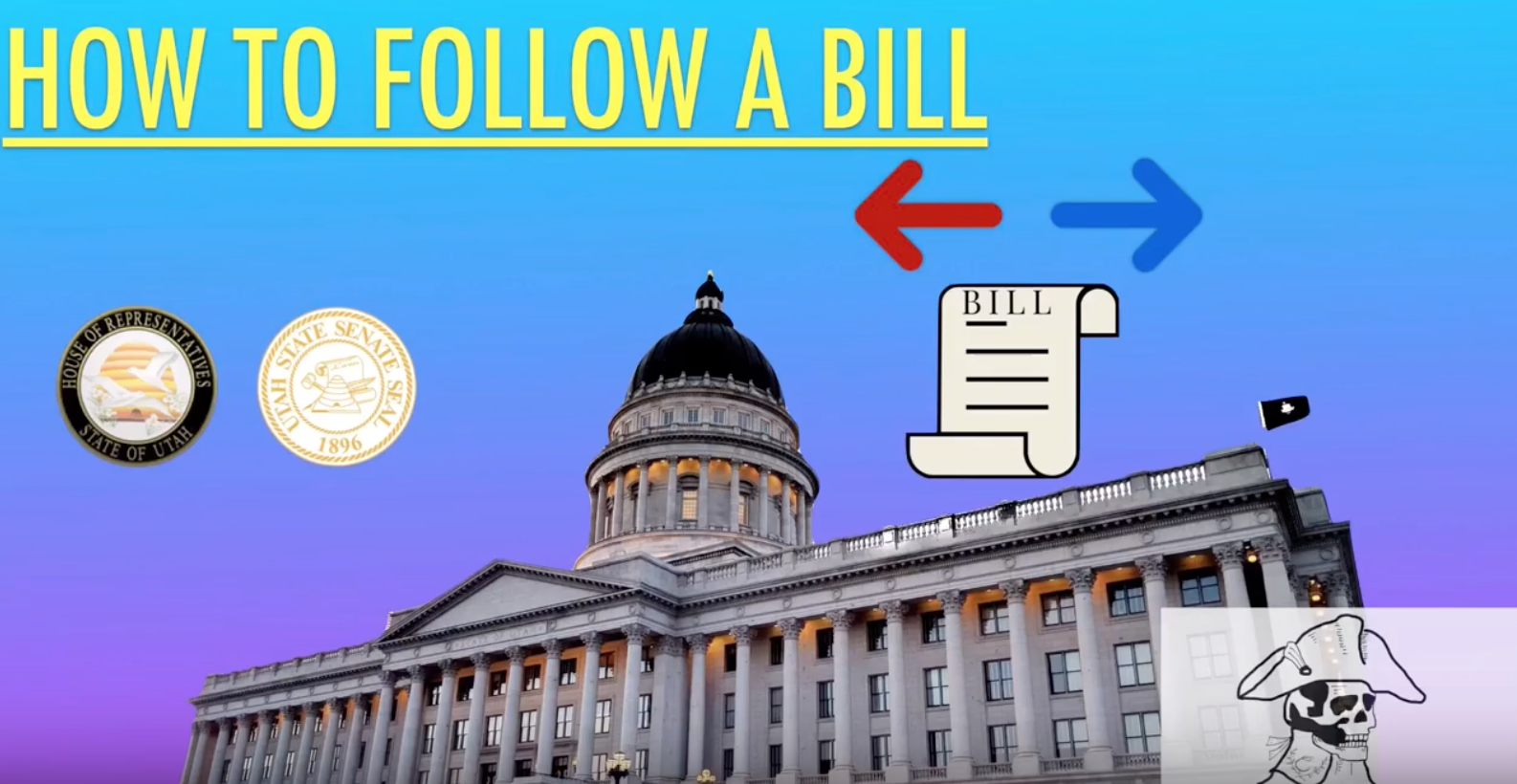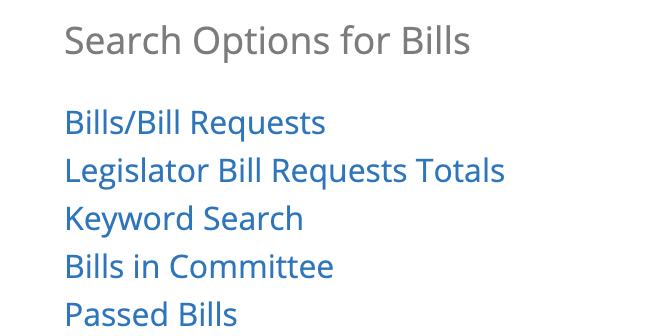Where Our Legislators Find Their Donations
Contents
- Chair's Note - Where Our Legislators Find Their Donations
- United Utah Party Pushes for Transparency of All Filed Bills
- How You Can Follow Utah Bills During the Current Legislative Session
Chair's Note - Where Our Legislators Find Their Donations
The Salt Lake Tribune recently reported that in the 2018 campaign 82 percent of donations to incumbent legislators came from special interest groups, while only 6 percent of the campaign cash came from the legislator's own constituents. (Read the full article.) A related Tribune article discussed a group of proposals popular with the voters that keep getting introduced in the legislature but are never passed. (Read the related article.)
Is there a connection here? Is it possible that the people legislators are answerable to are not the people who are actually the voters in their districts? Is this good representation?
The conventional wisdom is that money from these groups does not buy a legislator. Rather, it provides access to them. But access is highly useful because it affects the type of information a legislator gets. And that, in turn, can affect what a legislator does.

Granted, it is not likely that campaign donations are going to affect high profile votes. For example, a legislator who receives money from a pro-choice group isn't going to turn around and vote with the group if the constituency opposes that position and knows about it.
But it is the "knows about it" that matters here. Most actions by state legislators are unknown to most constituents. Most people do not even know what the legislature is voting on beyond a couple of issues, much less how their own legislator voted on the issue.
This is why the United Utah Party supports campaign finance reform in Utah. Limiting the amount of money a state legislative candidate can take from an individual or political action committee does a couple of things.
- It reduces the likelihood of influence when a wealthy donor cannot give a significant amount of money to an elected official.
- It forces candidates to turn to ordinary voters for small donations - and then to feel they owe those voters for their being in office and not wealthy special interests outside of their district.
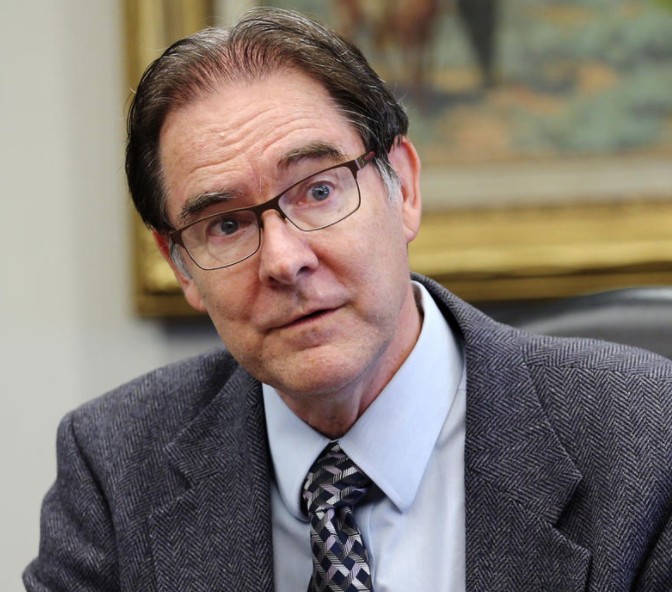
United Utah Party Pushes for Transparency of All Filed Bills
As Christina Giardinelli of The Salt Lake Tribune reported this week as the current session of the Utah legislature begins:
"The United Utah Party is calling for Utah lawmakers to put an end to a policy that allows bills to be secret until sponsors OK their public release.
"Richard Davis, the party’s chair, said that as his organization reviewed bills to decide which to oppose or support during the last legislative session, members felt 'stymied' because of the lack of public disclosure. 'We don’t believe this is the way that it ought to operate. If a bill is filed its content should be public,' he said in an interview.
"This year, 'legislators have opened files for over 1,200 bills, but only about a fourth of them have been made available to any member of the public,' Davis said in a prepared statement on the opening day of the 2019 Legislature. Such secrecy, he added, 'does not inspire confidence in the process.'
To read Ms. Giardinelli's full article, click here.
To read the press release of the United Utah Party, click here.
How You Can Follow Utah Bills During the Current Legislative Session
Not all bills are initially made public. But eventually they must be. When they are, they go through a process depicted in this video. Click on it to watch.
Now let's say you have heard that there is a bill in the legislature to change the medicaid citizen initiative that was passed in the last election. How do you find out about it?
Simple. Just type this in your browser:
https://le.utah.gov/documents/bills.htm
You will get a page that has a number of search options, including these in the upper-left-hand side of the page.
If you then click on "Keyword Search" you will see a keyword search box where you can type in the word "medicaid," like this.
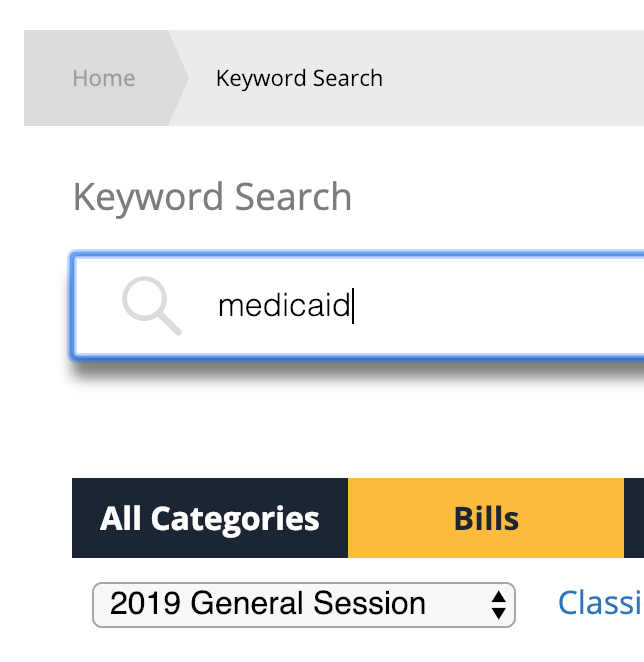
What you will get then is a page showing a list of 2019 medicaid-related bills, including this one as the first listing:
![]()
There are others as well, and you might want to drill down into several of them. But this one is Senate Bill 97 or SB97, sponsored by Senator Jacob Anderegg.
If you click on this listing, you will find the full text of SB97, with this heading:
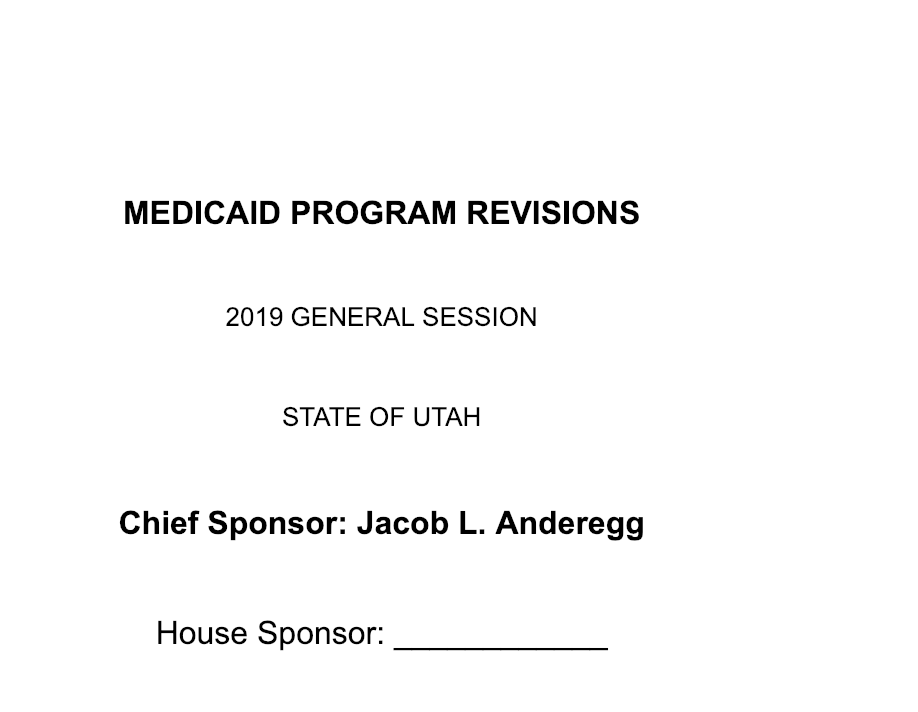
And you can verify that this bill would have an affect on the citizen initiative by looking farther down the page where it talks about the code sections affected, including the "Statewide Initiative - Proposition 3, Nov. 6, 2018."

So now you know you have found the right bill (or one of them).
Also on that page you will see that the last action taken on SB97 was on 28 Jan 2019, when it was assigned to the Senate Health and Human Services Committee. And at other places on the legislature's website you will find that these senators are assigned to that committee:
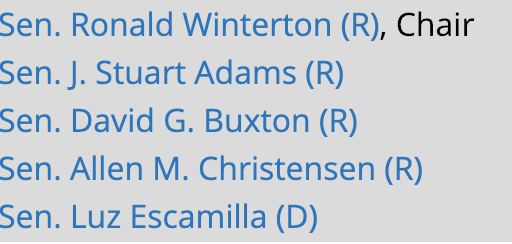
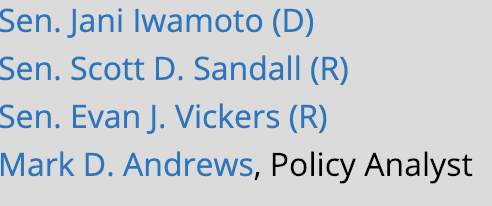
And that's really enough to get you started in your citizen advocacy.
Convention Plans
Keep holding a spot on your calendar for United Utah's big event - the state convention:
When: Saturday, 4 May 2019 at 10:00
Where: Mount Jordan Middle School, 9351 S. Mountaineer Lane, Sandy







